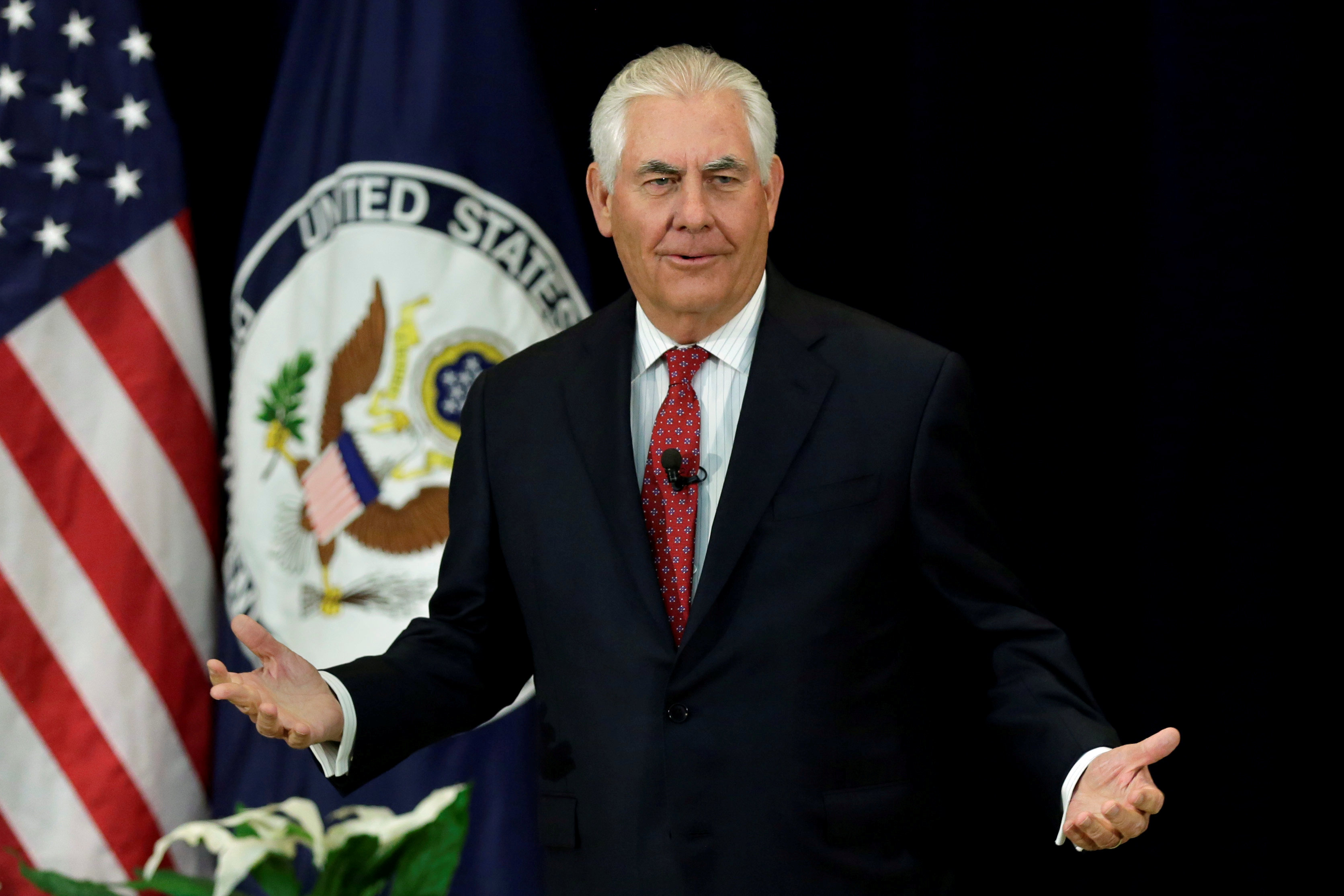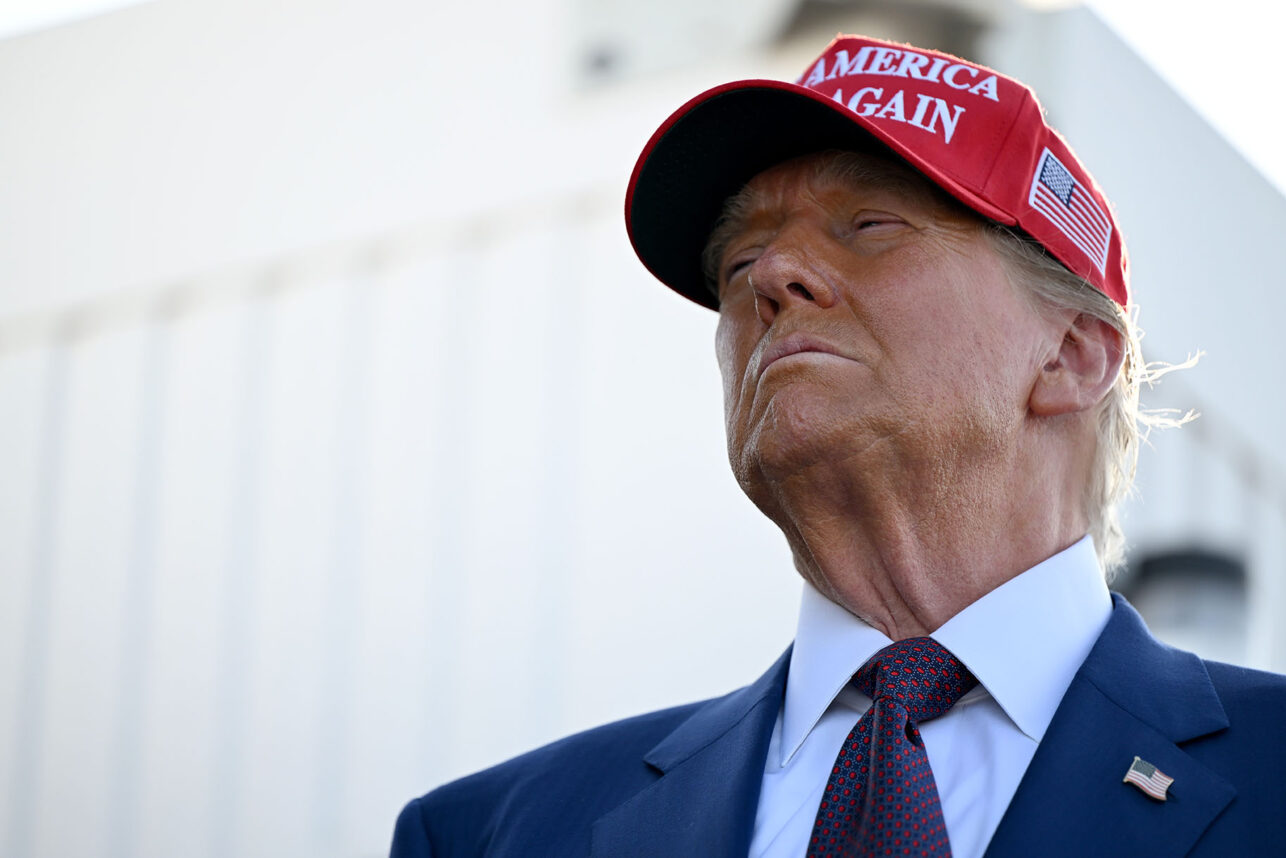
Secretary of State Rex Tillerson retreated from his department’s commitment to fill the post of envoy to combat anti-Semitism, saying the effort may be more effective without one.
“One of the questions I’ve asked is, if we’re really going to affect these areas, these special areas, don’t we have to affect it through the delivery on mission at every level at every country?” Tillerson said in testimony Wednesday to the foreign operations subcommittee of the U.S. House of Representatives Appropriations Committee. “And by having a special envoy, one of my experiences is, mission then says, ‘oh, we’ve got somebody else that does,’ and then they stop doing it.”
Since Congress established the position with a 2004 law, the role of the envoy has been to train career State Department officers and diplomats in identifying and combating anti-Semitism and to encourage embassies and bureaus to more closely monitor anti-Semitism. The envoy has not functioned as a stand-alone entity but rather is part of the Bureau of Democracy, Human Rights and Labor, and supervises about five career State Department staffers.
European Jewish community officials have said that having an envoy has delivered a message to their governments that the United States is focused on anti-Semitism.
At the subcommittee hearing, Rep. Grace Meng, D-N.Y., asked Tillerson for a timeline for the hire. Earlier this year there were reports that the Trump administration, eyeing massive budget cuts to the State Department, planned to eliminate the role. National Jewish groups and Congress members expressed outrage, and in April a State Department spokesman told JTA that the department did not in fact plan to eliminate the position and was reviewing candidates to fill it.
Lawmakers have noted that because the role was created by statute, the Trump administration cannot eliminate the post. Tillerson said he would seek to persuade Congress to cut the position if he deems it necessary.
“Those that are mandated by statute, we will be back to talk with you about those as to whether we think it’s good to have it structured that way or whether we really think we can be effective on those issues in a different way,” he said at the hearing.
Rep. Nita Lowey, D-N.Y., the ranking Democrat on the foreign operations subcommittee, was appalled by the possibility of the position being eliminated.
“It is outrageous and offensive that Secretary Tillerson would even suggest appointing a Special Envoy for Monitoring and Combating Anti-Semitism is unnecessary, particularly given that his State Department committed to filling the post back in April,” she said in an email to JTA. “As reports of hate crimes against Jews continue to rise in the United States and around the world, it is essential that Secretary Tillerson fill the Special Envoy position immediately.”
Bipartisan legislation under consideration would enhance the position to ambassador level.
“It is essential that the administration fill the position now more than ever, and we appreciate Congress to make sure the administration hears this message loud and clear,” William Daroff, the Washington director of Jewish Federations of North America, told JTA in an interview.





















 More news and opinions than at a Shabbat dinner, right in your inbox.
More news and opinions than at a Shabbat dinner, right in your inbox.